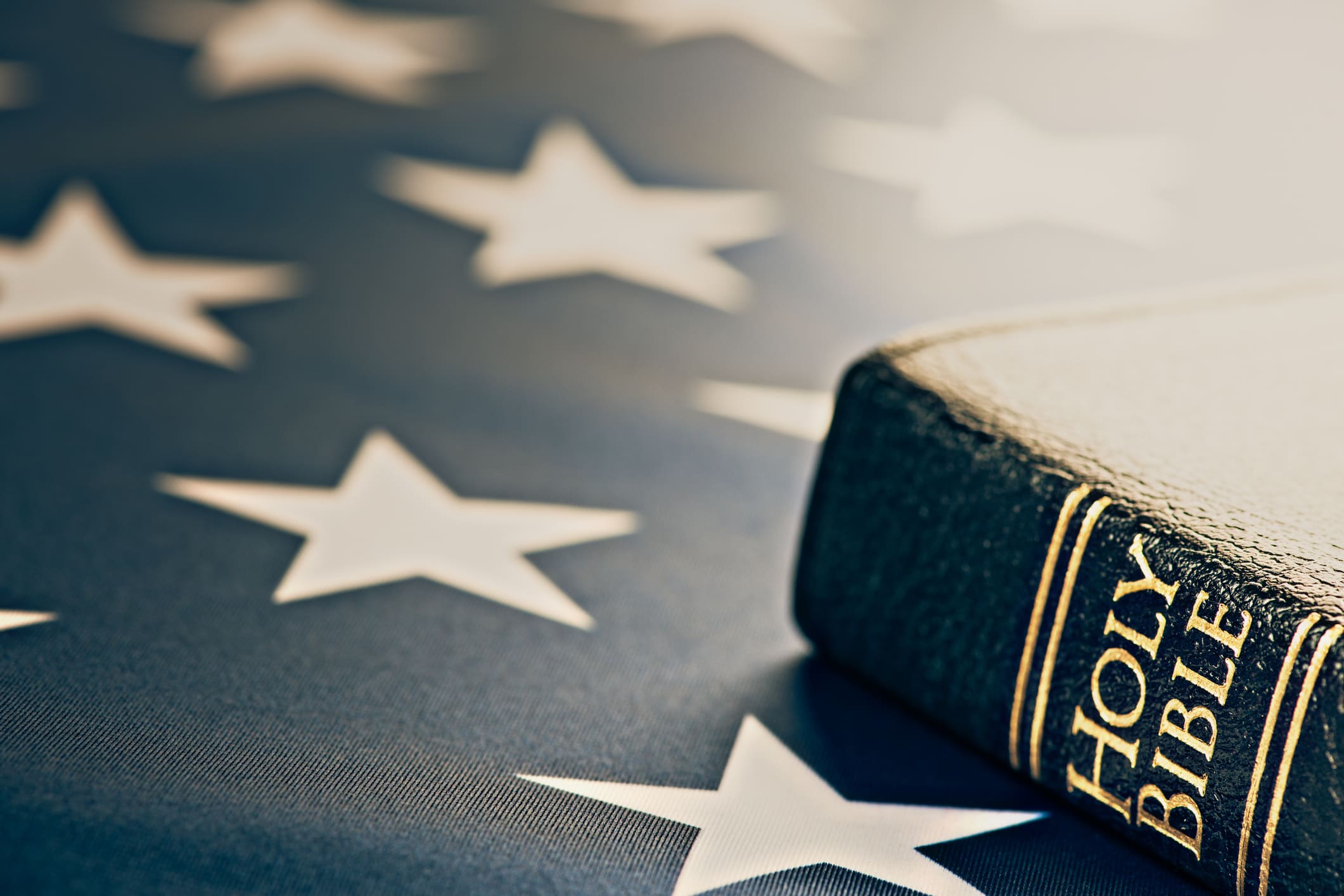Labor Department’s Latest Move Aims to Expand Religious Exemption For Federal Contractors
Reposted from the Labor & Employment Law Navigator Blog – Click Here to Subscribe
Last week, the Labor Department’s Office of Federal Contract Compliance Programs (OFCCP) published a proposed new rule broadening the religious exemption to its equal employment opportunity regulations. The proposed rule is based on OFCCP’s stated perception that religious organizations are “reluctant to participate as federal contractors because of uncertainty regarding the scope of the religious exemption.” LGBTQ advocates are lambasting the move by the Trump Administration as a deliberate attempt to engage in taxpayer-funded discrimination.
The rule proposes the following noteworthy “clarifications”:
- The exemption will apply not just to churches, but to “employers that are organized for a religious purpose, hold themselves out to the public as carrying out a religious purpose, and engage in exercise of religion consistent with, and in furtherance of, a religious purpose
- Federal contractor religious entities can “condition employment on acceptance of or adherence to religious tenets without sanction by the federal government, provided that they do not discriminate based on other protected bases”
- In assessing discrimination claims alleged by OFCCP against religious organizations based on protected traits other than religion, OFCCP must find by “a preponderance of the evidence that a protected characteristic was a but-for cause of the adverse action”
The proposed rule, however, does not exempt federal contractors from adhering to affirmative action requirements or to state and local laws that: 1) specifically include gender identity and sexual orientation as protected characteristics; and 2) do not have equally broad religious exemptions.
This OFCCP directive is the latest in a series of actions taken by the Trump administration to expand “religious freedom.” In October, the United States Supreme Court will hear oral arguments in three cases – Bostock v. Clayton County, Georgia; Altitude Express, Inc. v. Zarda; and R.G. & G.R. Harris Funeral Homes Inc. v. EEOC – that will address whether Title VII bans sexual orientation discrimination and discrimination based on gender identity. The Trump administration is arguing in these cases that federal civil rights laws do not prohibit employers from discriminating against LGBTQ workers.
The OFCCP will accept public comments on the rule for 30 days, until September 16, 2019. Many LGBTQ advocates have said they expect a slew of legal challenges if the rule is enacted.


